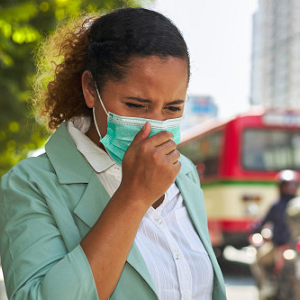Recent research indicates that Black Americans face significantly greater health risks from air pollution than other racial groups. The study reveals that they are more likely to succumb to illnesses related to air pollution exposure. This disparity highlights a critical health inequality that has profound implications for communities of color.
These findings correlate with previous understandings that racial residential segregation exacerbates air quality issues. In heavily segregated areas, levels of harmful air pollutants, including fine particulate matter, are often alarmingly high. These zones not only experience an increased quantity of pollution, but the pollution present is more concentrated in toxic substances. In these communities, residents are regularly exposed to more severe air quality issues, resulting in health complications that can lead to premature death.
Experts emphasize that the environmental regulations aimed at reducing air pollution have resulted in improvements, particularly in areas with significant racial disparities. The research underscores the necessity for targeted interventions to address these disparities effectively. By implementing stricter environmental controls, public health officials can mitigate the adverse effects of air pollution on vulnerable populations.
This alarming trend in health disparities invites urgent calls to action from policymakers to prioritize environmental justice, ensuring that all communities, regardless of race or socioeconomic status, receive equal protection from harmful pollutants that threaten their health and well-being.
See “Air Pollution Harms Black Americans More Than Other Groups” (July 23, 2024)



